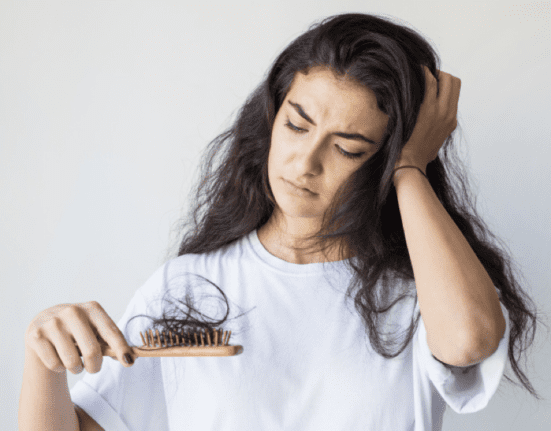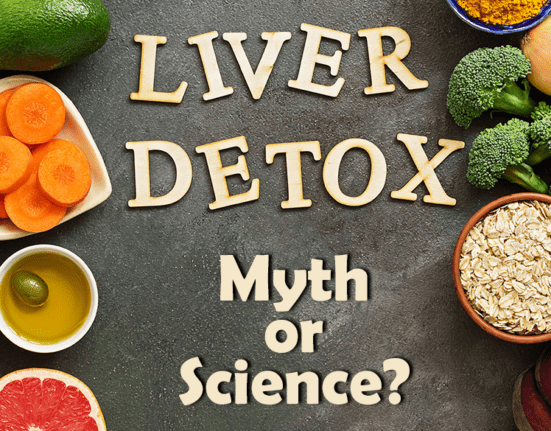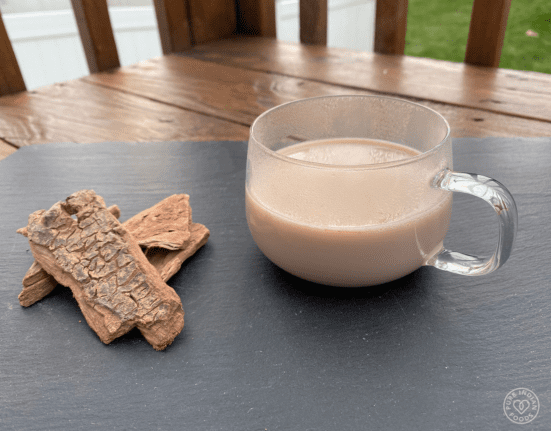In today’s generation, Thyroid issues are on the rise, with many individuals experiencing symptoms like fatigue, sudden weight gain, and irregular periods—classic signs of an imbalanced thyroid gland.
As a healthcare professional, I encounter these concerns daily. The good news? Ayurveda offers effective solutions to address these issues holistically without being dependent on conventional medicines like thyroxine.
Join me as we explore how Ayurveda can be a game-changer in managing thyroid health and restoring balance naturally.
If you or someone you know is dealing with thyroid-related symptoms, stay tuned for valuable insights on how we treat Hypothyroidism in Ayurveda.
The Thyroid gland is a small butterfly-shaped organ in the neck that holds significant importance in regulating metabolism and maintaining overall health. By producing thyroid hormones (T4 and T3), The thyroid hormones impact almost every cell in the body, influencing processes such as heart rate, body temperature, and the rate at which the body converts food into energy.
Additionally, these hormones are crucial for growth, development, and normal brain function, especially in children. Imbalances in thyroid function, whether hypo- or hyperthyroidism, can lead to a range of health issues.
So, Regular monitoring and prompt medical attention for any symptoms are key to supporting the thyroid’s vital role in overall well-being.
What is hypothyroidism?
Hypothyroidism, also called underactive thyroid, is when the thyroid gland doesn’t make enough thyroid hormones to meet your body’s needs.
Symptoms:
- Fatigue
- Weight gain
- Trouble tolerating cold
- Joint and Muscle pain
- Dry skin or dry, thinning hair
- Heavy or Irregular Menstrual Periods or Fertility problems
- Slowed heart rate
- Depression
- Cognitive issues
- Constipation
- Puffy face
Ayurvedic Treatment for Hypothyroidism?
Ayurveda approaches Hypothyroidism holistically, focusing on balancing the body’s energies and promoting overall well-being.
Here are some general Ayurvedic strategies for managing hypothyroidism:
- Dietary Recommendations: Iodine-rich foods: Incorporate foods rich in iodine, such as seaweed, iodized salt, and seafood, to support thyroid function.
Herbs and Spices: Include herbs like Guggulu and spices like Turmeric and Ginger, known for their anti-inflammatory properties.
- Lifestyle Modifications:
Regular Exercise: Regular, moderate exercise to stimulate metabolism and promote overall health.
Yoga and Meditation: Practice yoga and meditation to reduce stress, as stress can impact thyroid function.
- Herbal Medicines:
The medicines are prescribed based on the patient’s symptoms & vitiation of Doshas. A few of the medicines usually prescribed are:
- Ashwagandha (Withania Somnifera): Known for its adaptogenic properties, Ashwagandha helps balance hormones and reduce stress.
- Guggulu (Commiphora wightii): This has been traditionally used in Ayurveda to support thyroid function.
- Triphala: A combination of three fruits (Amalaki, Bibhitaki, and Haritaki) promotes digestion and detoxification.
- Kanchanara Guggulu
- Indukanta Kashayam
- Avipattikara Churna
- Arogya Vardini Vati
- Gandharva Haritaki
- Abhraka Bhasma
- Vanga Bhasma
- Chandra Prabha Vati
- Laghu Malini Vasant Ras
- Nithyananda Ras
- Trikatu Churna
- Ayurvedic Detox (Panchakarma):
Panchakarma therapies, such as Detoxifying massages and Herbal therapies, are designed to remove toxins from the body and restore balance. Again it is planned based on the condition of the patient and if in case the condition is chronic we advise 1 / more therapies like:
- Sadyo Virechana
- Sadyo Vamana
- Virechana
- Vamana
- Kshara Basti
- Nasya
It’s crucial to emphasize that Ayurvedic treatments are highly individualized, and their effectiveness may vary from person to person. Consultation with an experienced Ayurvedic practitioner is essential to tailor treatments to individual needs. Additionally, individuals with hypothyroidism should continue to follow their conventional medical treatment plan and consult with their healthcare provider before making significant changes.
If you are on thyroxine remember that you will have to take it lifelong and being on medicines be it Ayurveda/ Allopathy lifelong is not something your body needs. Your body needs to function normally without any supplementation. If you keep supplementing hormones/ medicines your body won’t know how to function without it. So realize this importance and keep yourself healthy naturally; this is only possible with Ayurveda.









